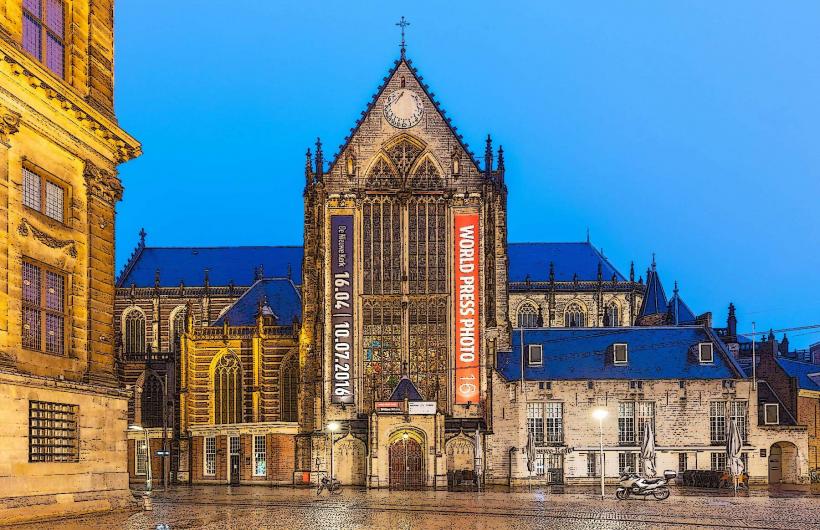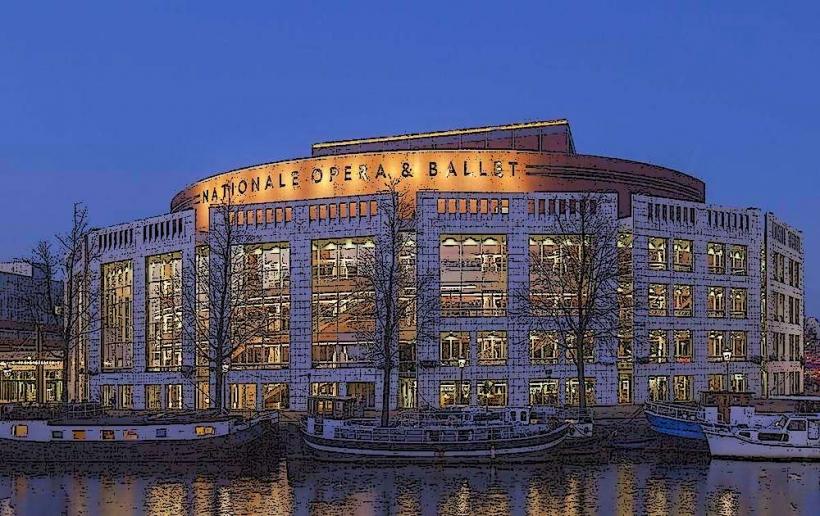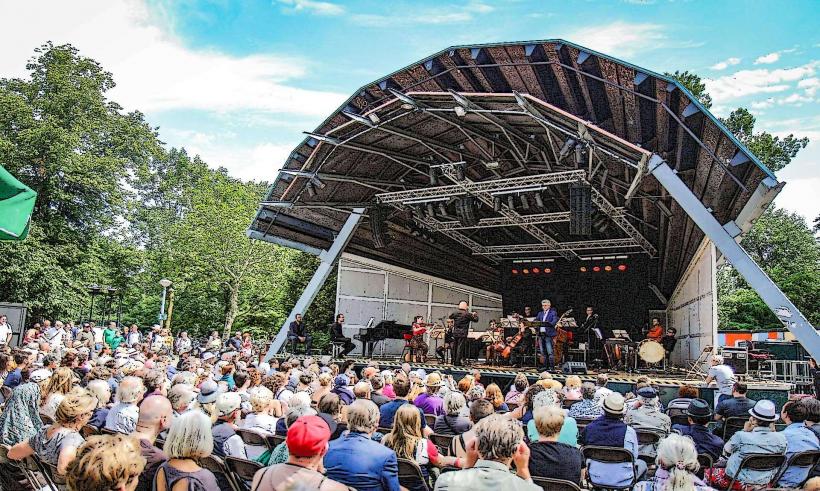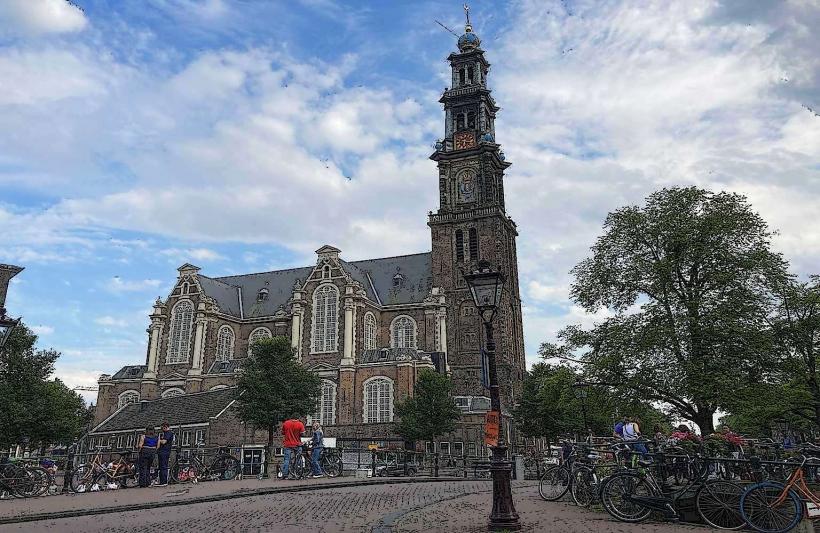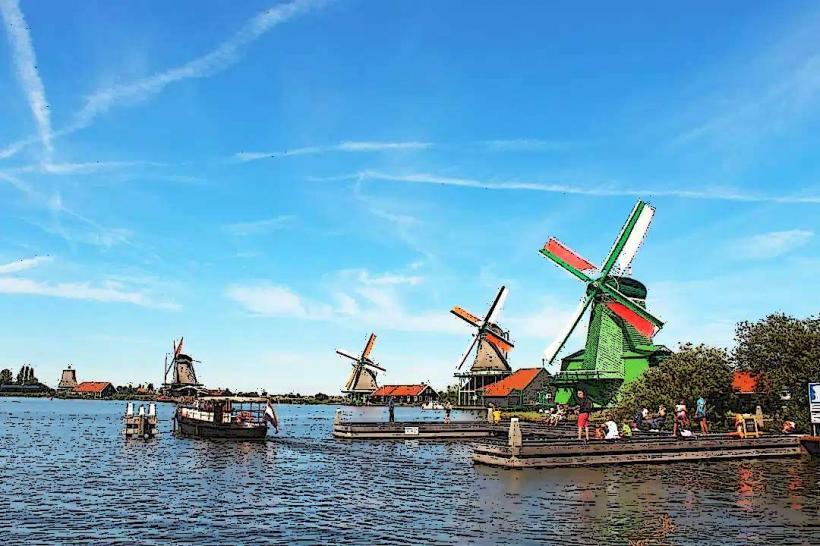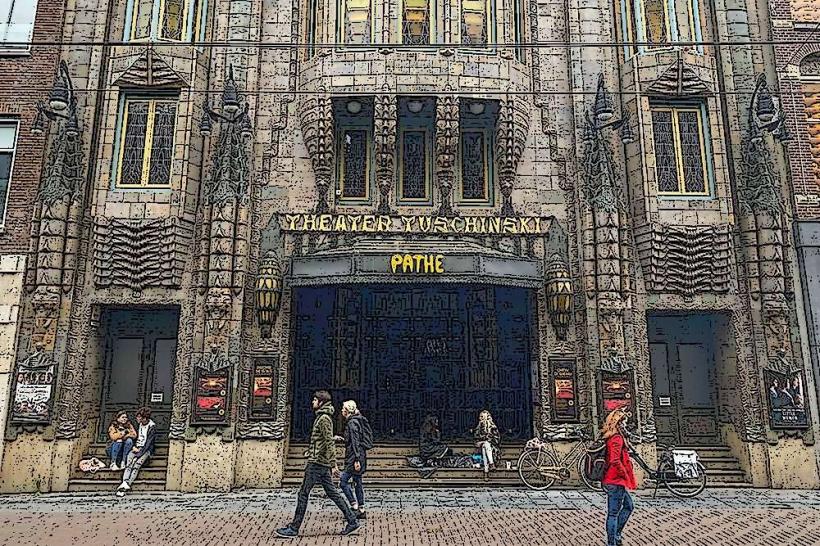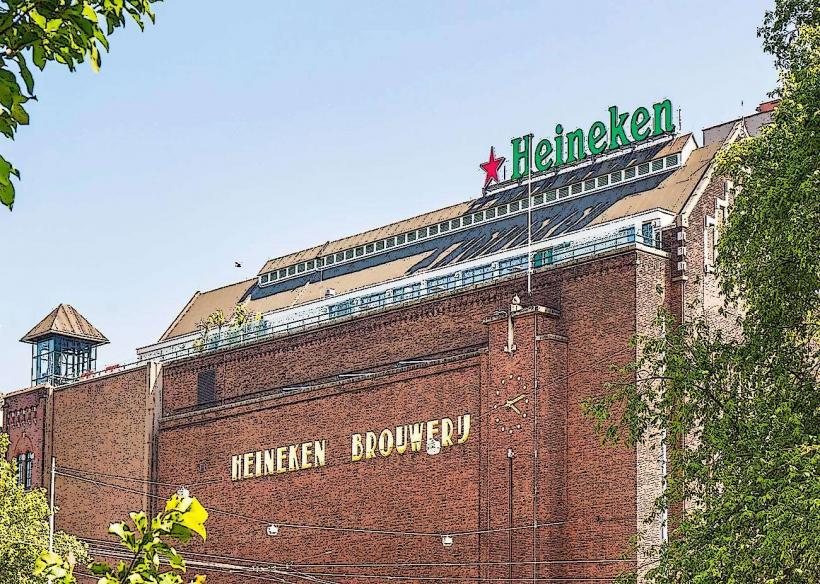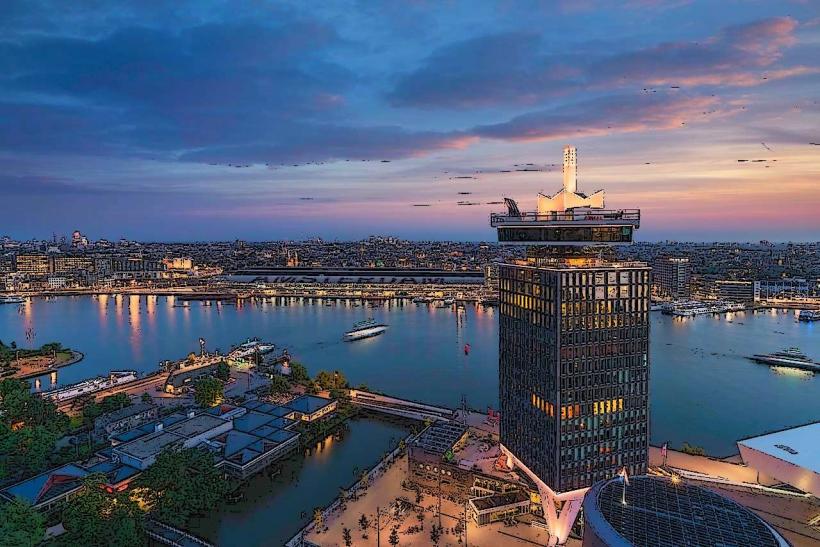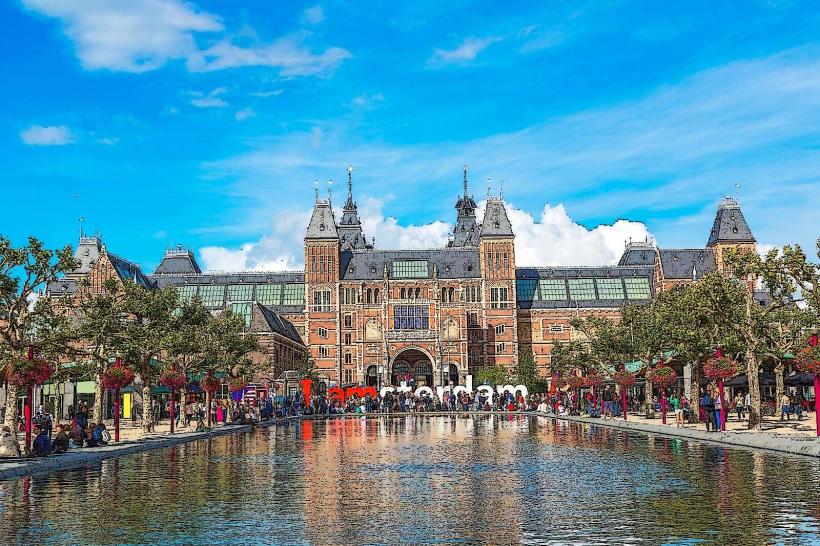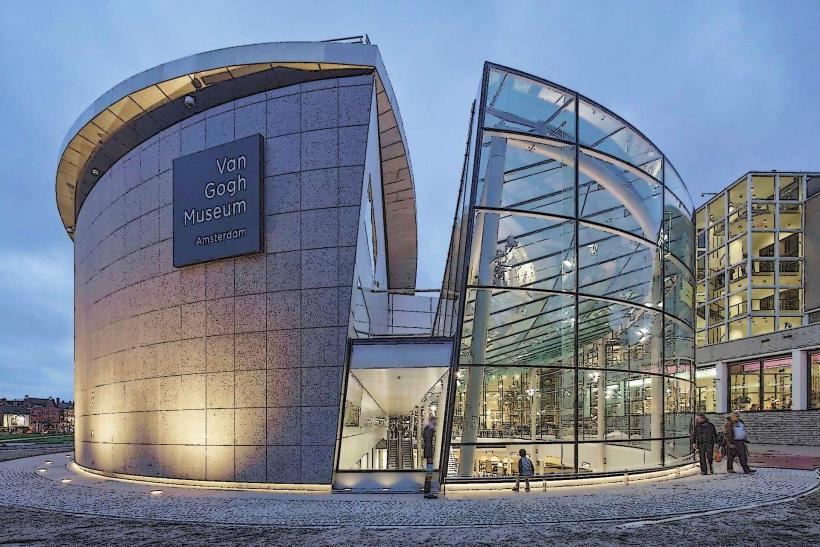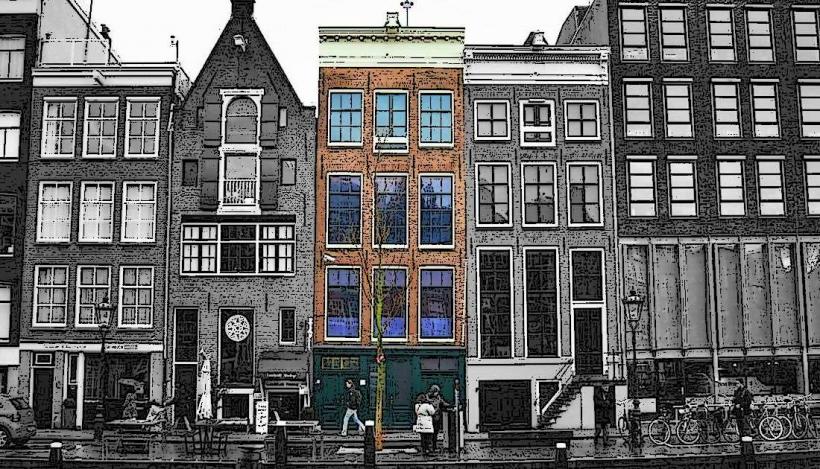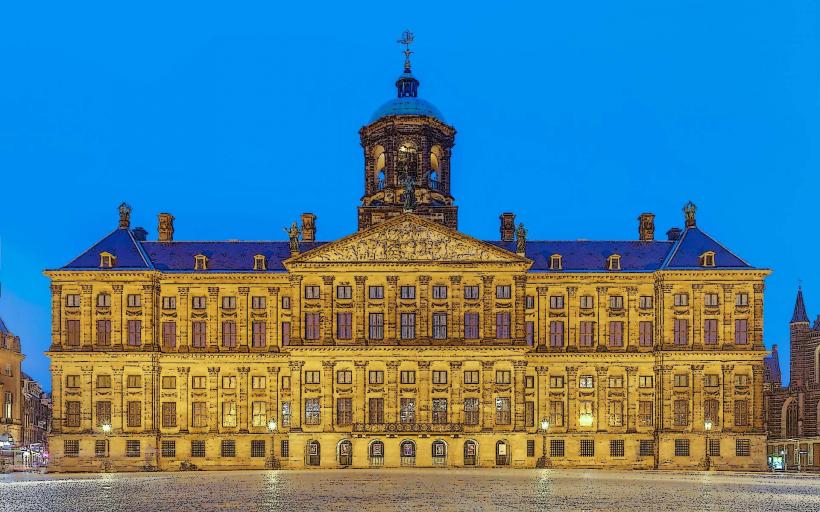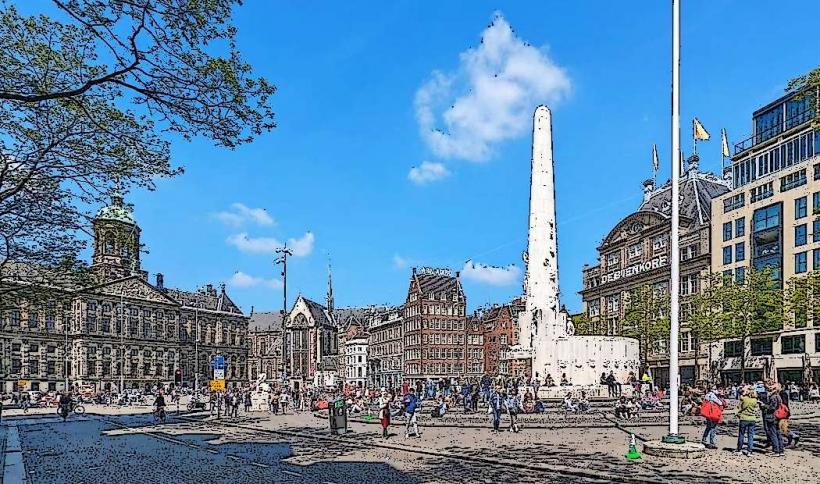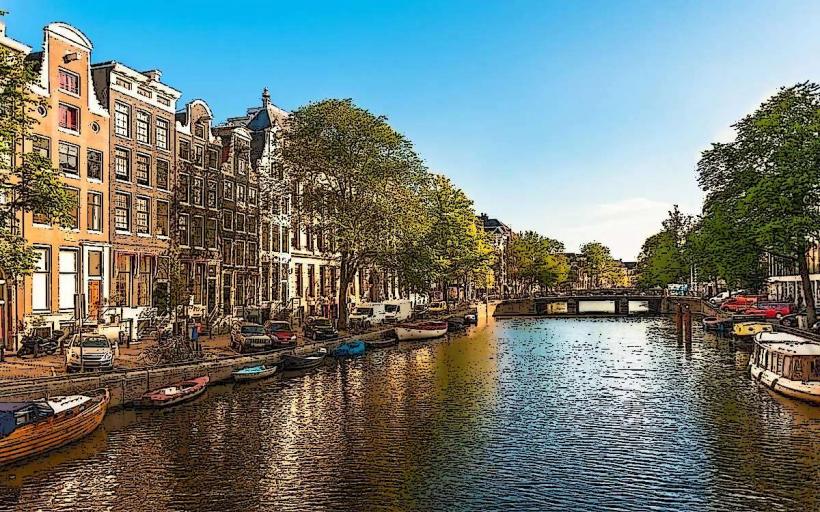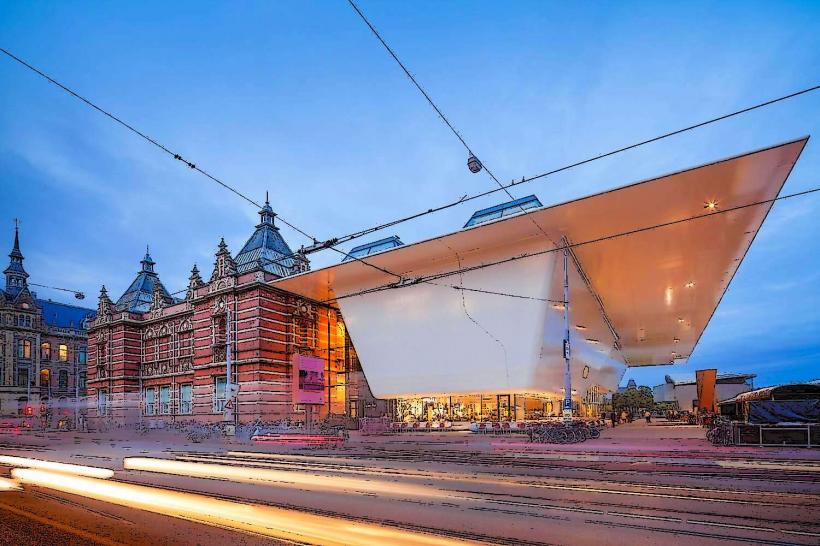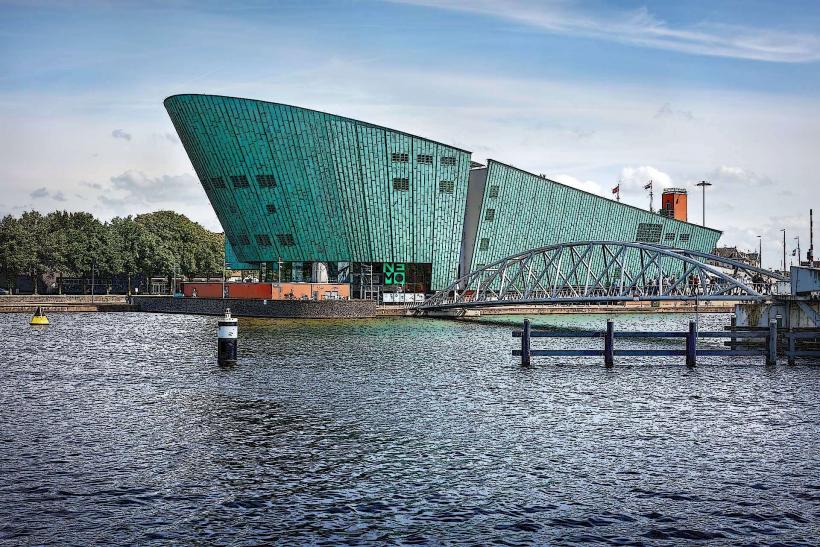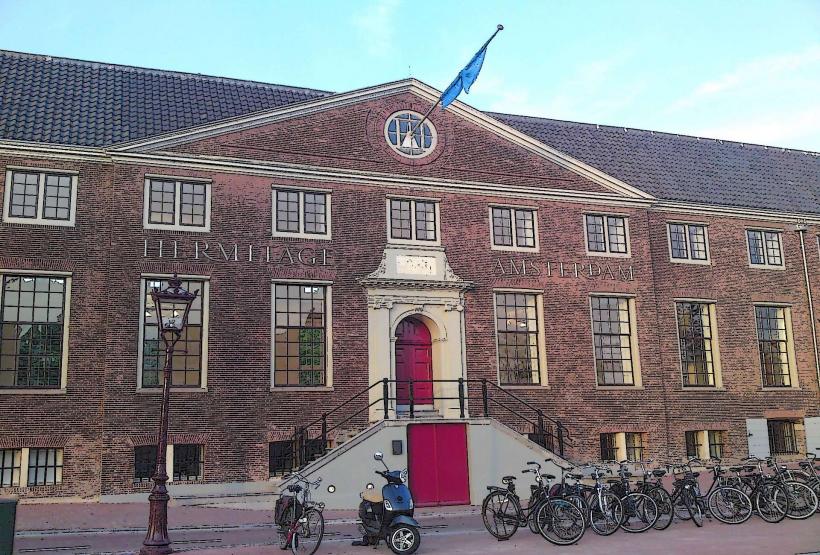Information
City: AmsterdamCountry: Netherlands
Continent: Europe
Amsterdam is the capital city of the Netherlands and one of Europe’s most vibrant and picturesque cities. With its rich history, artistic legacy, and modern flair, Amsterdam offers a diverse range of experiences, from tranquil canal-side strolls to dynamic cultural events. Here’s a detailed overview of the city without focusing on specific landmarks:
1. History and Heritage
Amsterdam has a deep and multifaceted history that dates back to the late 12th century. Originally a small fishing village, it grew into one of the most influential cities in the world during the 17th century, often referred to as the Dutch Golden Age. During this time, Amsterdam became the center of global trade, finance, and culture. Its historical significance is still reflected today in its buildings, museums, and canals.
The city played a crucial role in global commerce during the 1600s, and Amsterdam was home to the Dutch East India Company, the world’s first multinational corporation. The wealth generated from trade and exploration contributed to the flourishing arts scene, which produced famous Dutch painters such as Rembrandt and Vermeer.
2. Canal System
One of the defining features of Amsterdam is its iconic canal system, which was developed during the 17th century to manage water, facilitate transport, and create space for expanding the city. The canals are not just functional; they are a central aspect of the city’s aesthetic, creating a unique atmosphere of tranquility amidst the bustling urban environment. The canal belt (Grachtengordel) is a UNESCO World Heritage site, and navigating the canals by boat, or simply walking along their banks, offers a quintessential Amsterdam experience.
3. Cultural Scene
Amsterdam is known for its thriving cultural and artistic scene. The city has a rich tradition in the arts, reflected in its many museums, galleries, and theaters. Amsterdam hosts numerous art exhibitions, music festivals, and cultural events throughout the year, making it a hub for artists and creative minds from around the world.
The city is also a center for modern art and design, with various contemporary galleries and art institutions showcasing innovative works. Amsterdam's creative community is also seen in the fashion industry, with a number of unique shops and designer boutiques scattered throughout the city.
4. Dutch Cuisine
Amsterdam’s food scene is diverse, with influences from around the world thanks to its long history as a global trading hub. Traditional Dutch food includes dishes like stamppot (mashed potatoes with vegetables), bitterballen (deep-fried meatballs), and poffertjes (small, fluffy pancakes). The city is also famous for its cheese markets, particularly around areas like Alkmaar and Edam, where local cheeses are sold in traditional ways.
Amsterdam’s multicultural atmosphere is reflected in its vibrant restaurant scene, offering a variety of cuisines including Indonesian, Surinamese, Turkish, and Middle Eastern, to name a few.
5. Cycling Culture
Amsterdam is one of the most bike-friendly cities in the world, with an extensive network of cycling paths, bike rentals, and dedicated bike parking areas. Bicycles are the most popular form of transportation in the city, and locals of all ages use bikes for daily commuting, running errands, or simply enjoying the surroundings.
Cycling through Amsterdam gives visitors a local’s perspective on the city, allowing them to explore hidden gems that might be overlooked while walking or driving. The bike culture is deeply ingrained in Amsterdam’s identity, making it a fun and efficient way to explore the city.
6. Social Life and Nightlife
Amsterdam offers a vibrant social scene, with something for everyone. Whether you're looking for a laid-back café to relax in, a bar to enjoy a local beer, or a high-energy club to dance the night away, Amsterdam’s nightlife has it all. The city is known for its inclusive and liberal atmosphere, and this extends to its social life, where you’ll find a welcoming community for all walks of life.
The city's nightlife is concentrated around areas like Leidseplein and Rembrandtplein, which are lined with bars, pubs, and clubs. Amsterdam is also home to several music venues that host international and local acts across a variety of genres, from electronic dance music to indie rock.
7. Green Spaces
Despite being a bustling urban hub, Amsterdam is also known for its abundance of parks and green spaces. Vondelpark is the most famous, offering locals and tourists a place to relax, have a picnic, or enjoy outdoor activities. The park also features open-air theaters and cafes, making it a lively spot in the warmer months.
There are other beautiful parks in the city, such as Westerpark and Oosterpark, where people can escape the hustle and bustle of the city, enjoy nature, and take part in various recreational activities.
8. Liberal and Progressive Values
Amsterdam is known for its progressive and liberal values, with the city being at the forefront of various social movements, including LGBT rights, environmental sustainability, and drug decriminalization. The city’s open-minded atmosphere is reflected in its policies and cultural approach, with a focus on tolerance and acceptance of diversity.
Amsterdam has also been a pioneer in sustainability, with a growing number of eco-friendly initiatives, including sustainable urban planning, renewable energy projects, and the promotion of cycling and public transport as green alternatives to cars.
9. Festivals and Events
Amsterdam hosts numerous festivals and events throughout the year, attracting millions of visitors. The city’s major festivals include:
- King’s Day (Koningsdag): A national holiday celebrating the Dutch monarchy, with street parties, music, and boat parades along the canals.
- Amsterdam Dance Event (ADE): One of the largest electronic music festivals in the world, attracting music lovers and industry professionals from all over the globe.
- Canal Parade: A major event during Amsterdam Pride, where boats decorated with rainbow colors sail through the canals to celebrate the LGBTQ+ community.
- Tulip Festival: Held in the spring, this festival celebrates the iconic Dutch tulip, with exhibitions and displays throughout the city.
10. Shopping
Amsterdam is a great place for shopping, offering a mix of luxury boutiques, independent designer shops, and vintage stores. Areas like the Nine Streets (De Negen Straatjes) are famous for their boutique shops and local designers, while the city’s major shopping streets, such as Kalverstraat and P.C. Hooftstraat, are home to both international luxury brands and local favorites.
Amsterdam also has several outdoor markets, such as the Albert Cuypmarkt and the Bloemenmarkt (flower market), where visitors can buy local produce, flowers, souvenirs, and more.
11. Public Transportation
Amsterdam has an efficient and well-connected public transportation system, including trams, buses, and metro lines. The system is easy to navigate, and a travel card (such as the I Amsterdam Card) can be used to access multiple modes of transport and provides discounts to attractions. The city is also known for its walkability, with many districts being easily accessible on foot.
Conclusion
Amsterdam is a city that offers a unique blend of historical charm, cultural richness, and modern innovation. Its liberal atmosphere, stunning canals, and dynamic cultural scene make it one of Europe’s most attractive destinations. Whether you're interested in history, art, food, or simply enjoying a relaxing day by the canals, Amsterdam has something for everyone.

